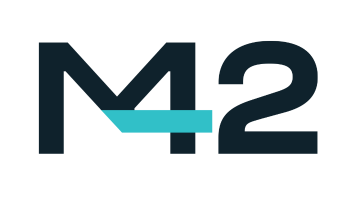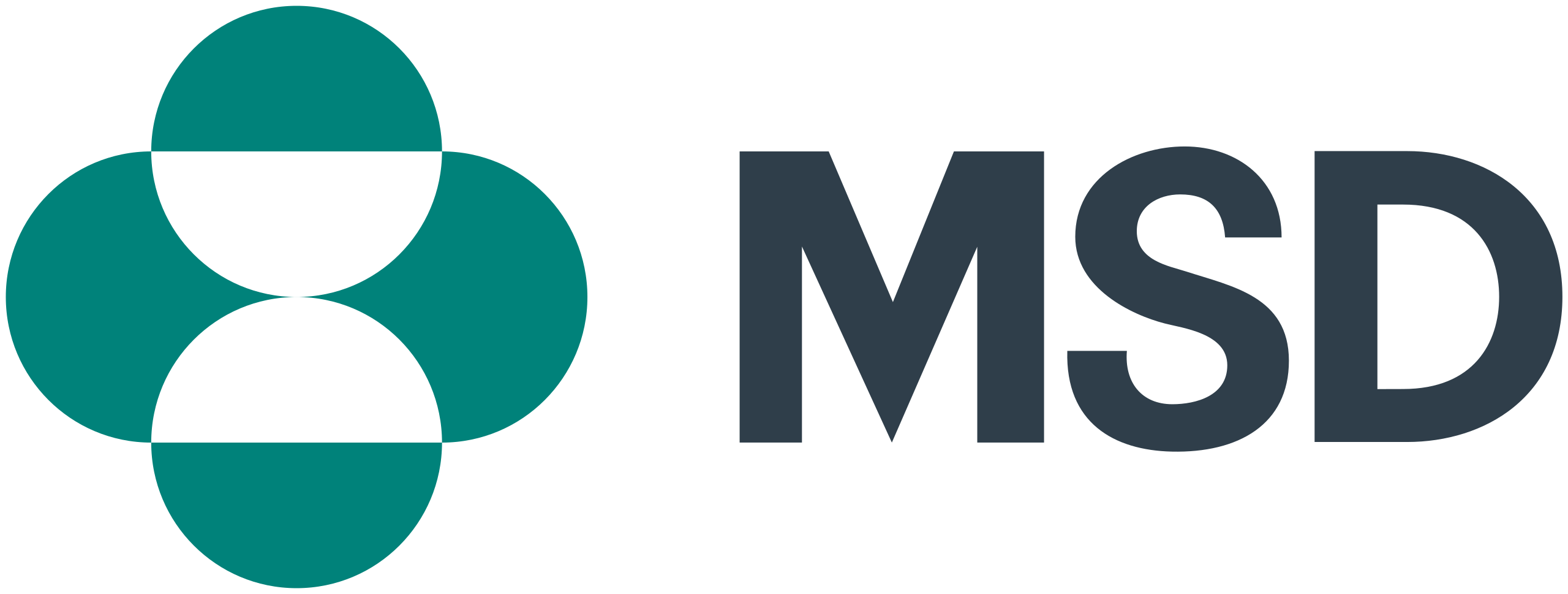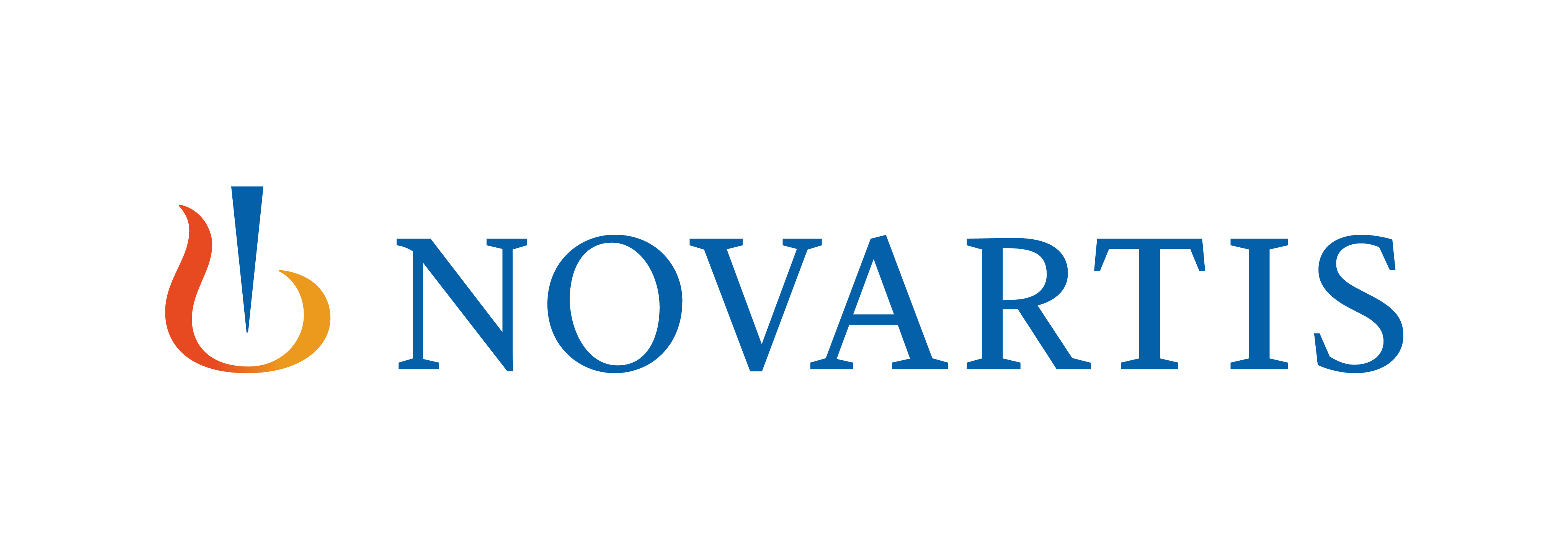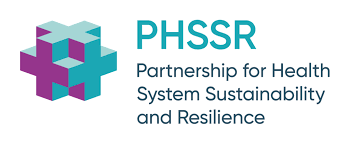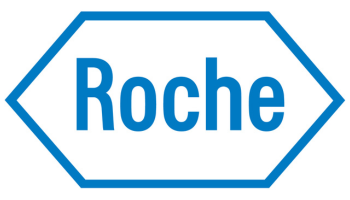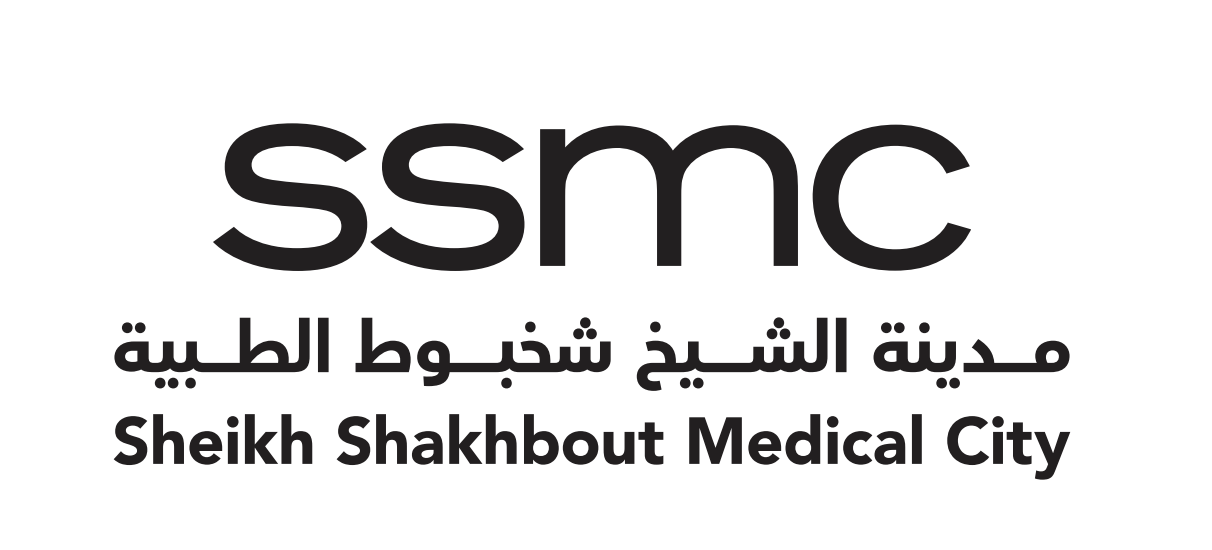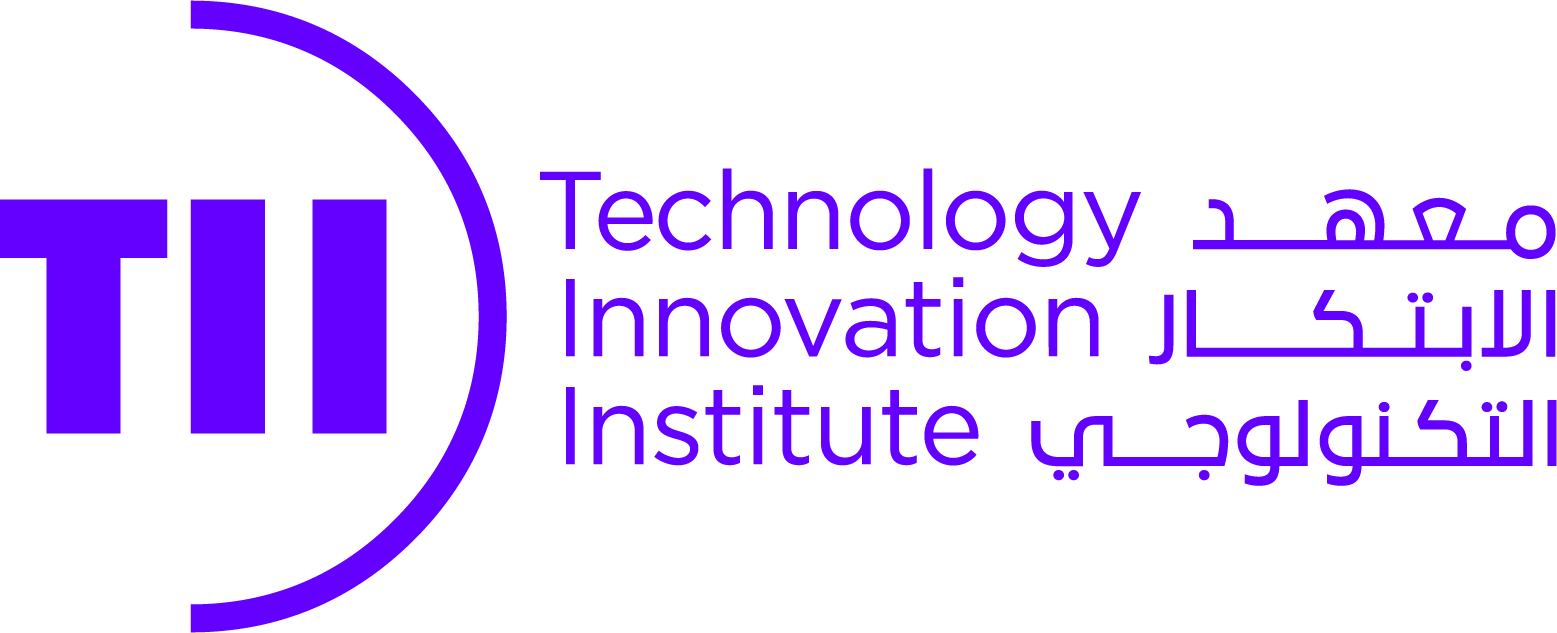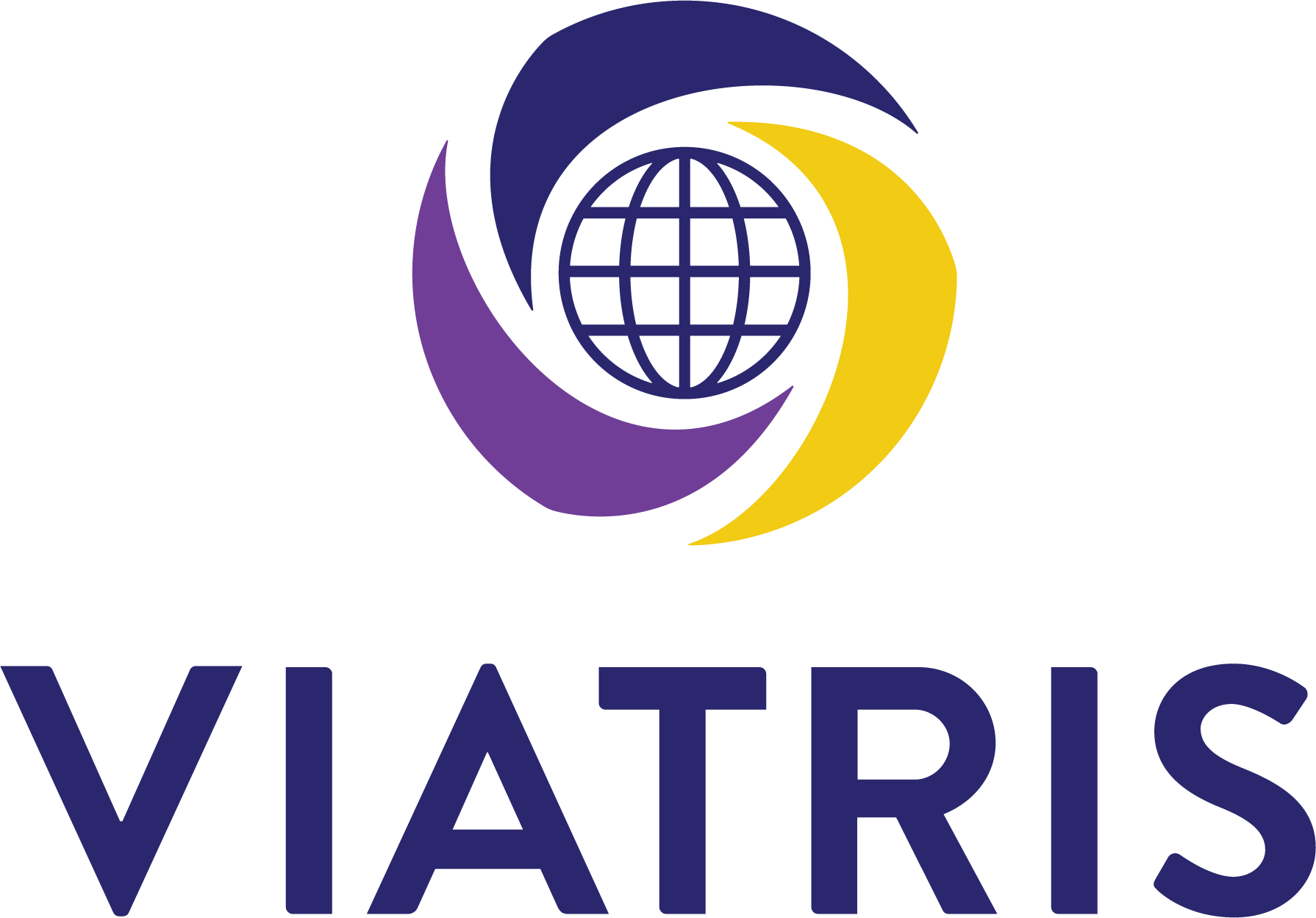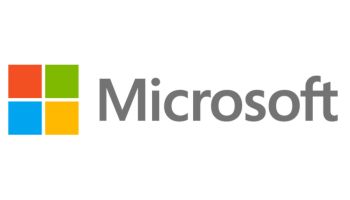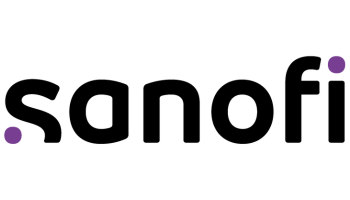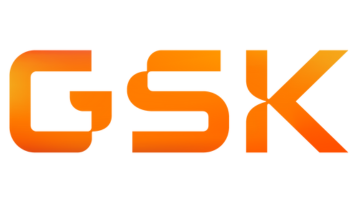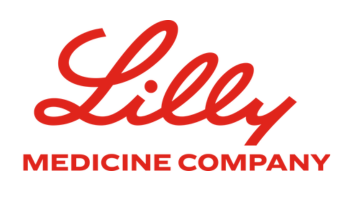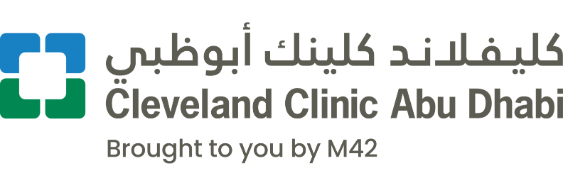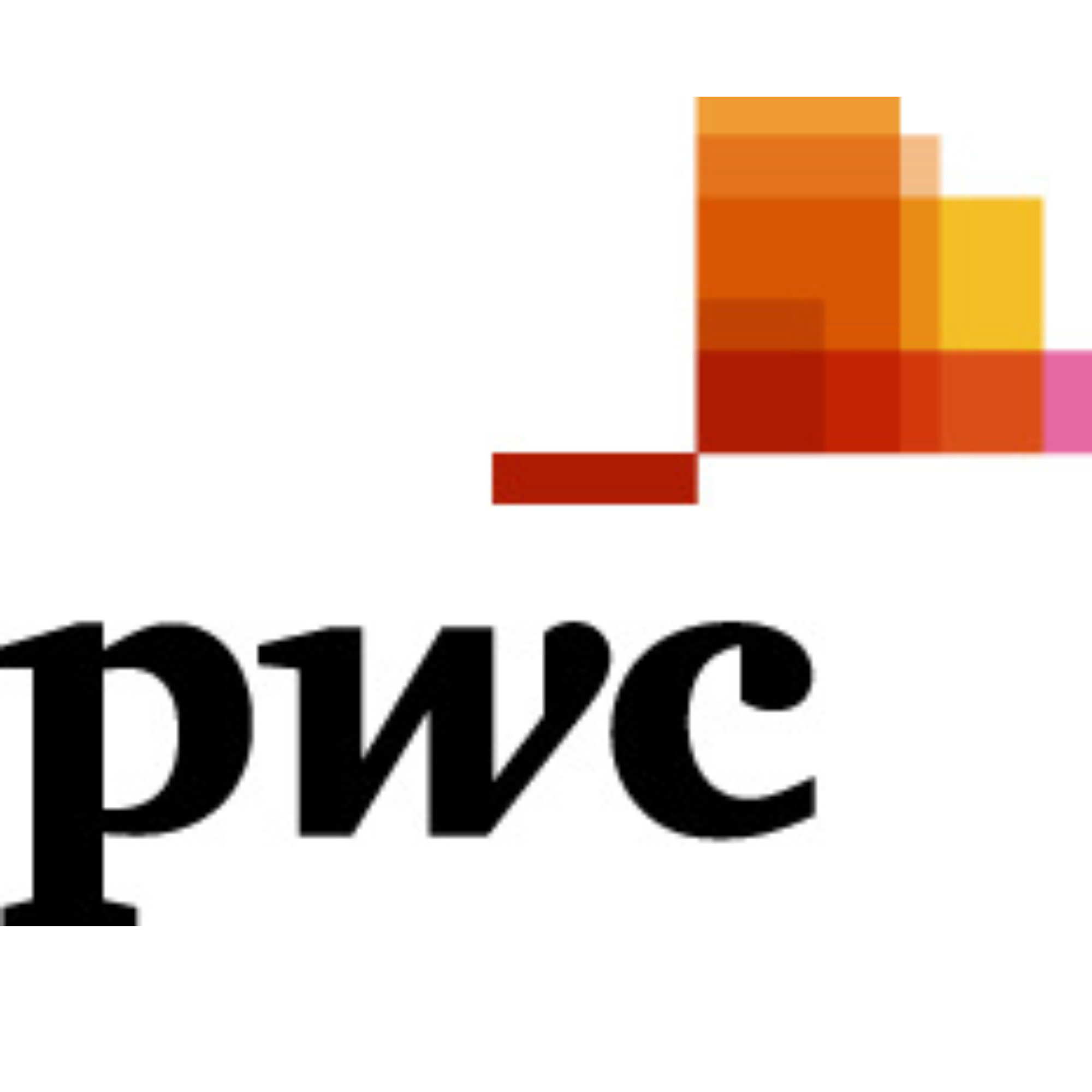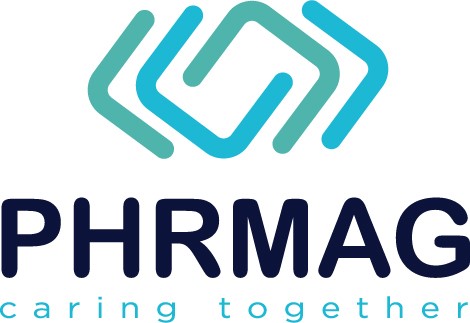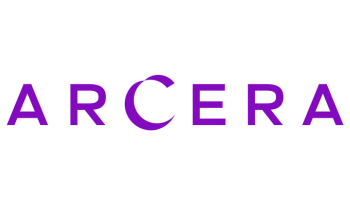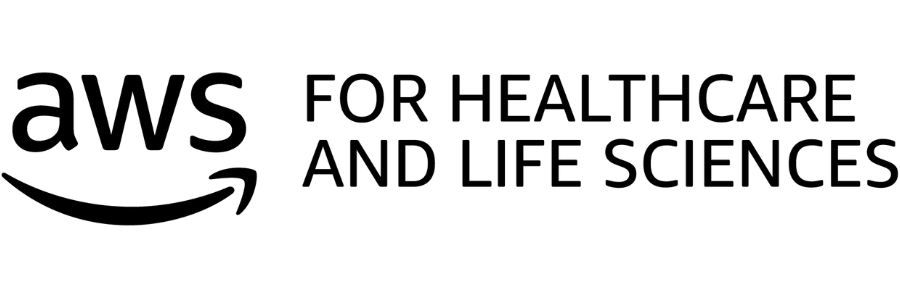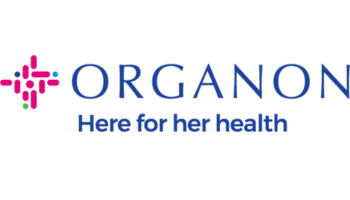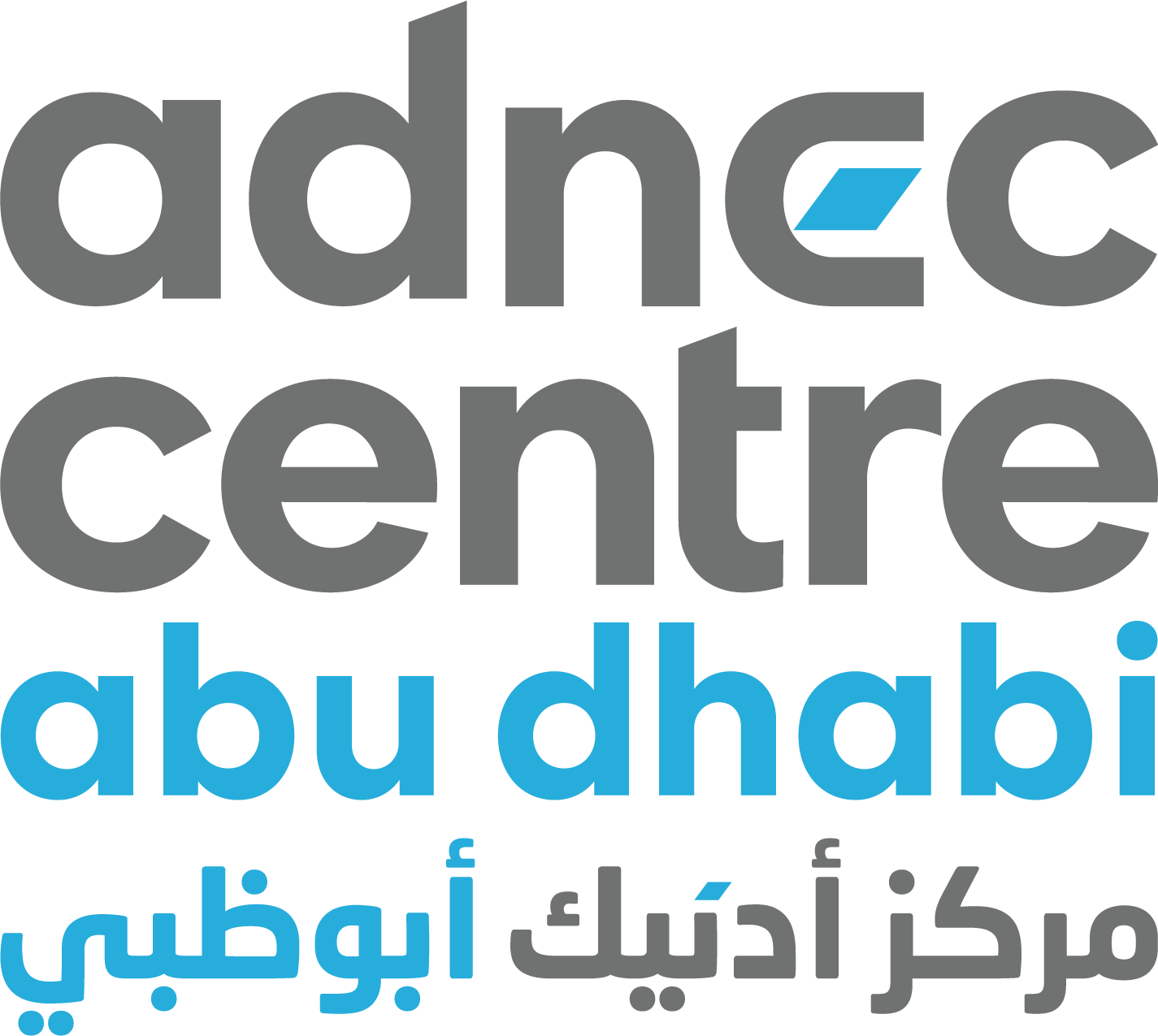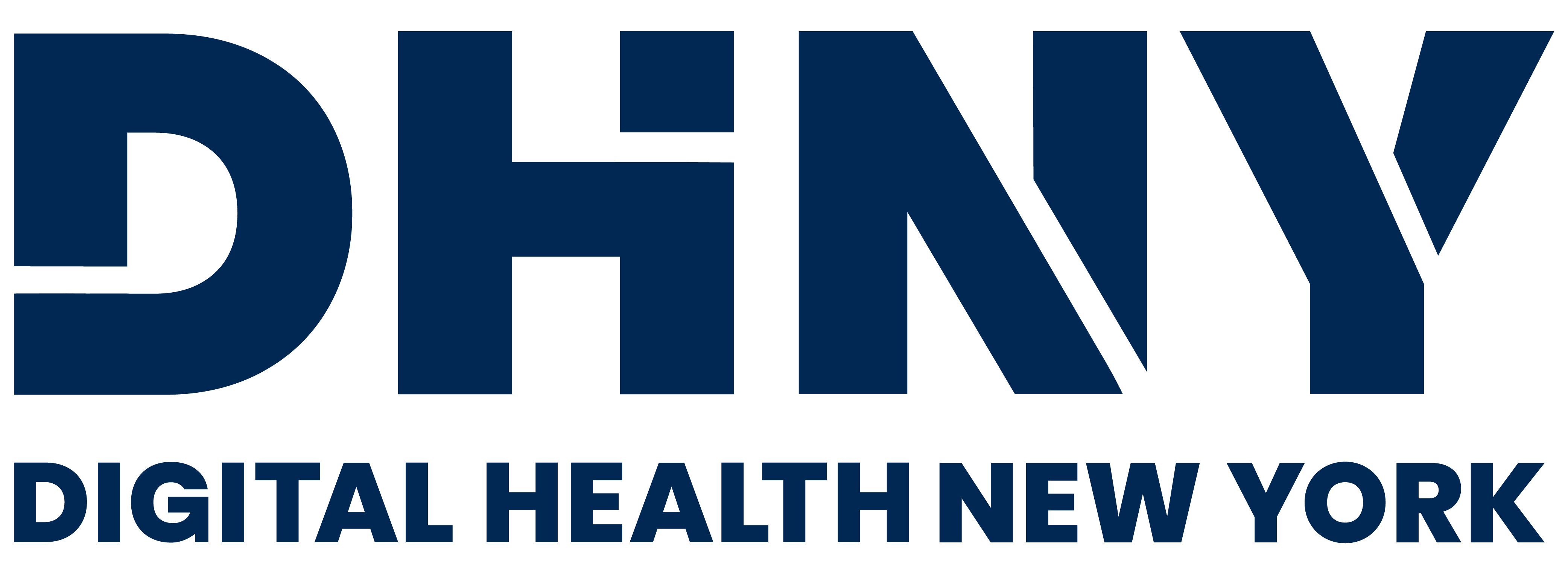تحت رعاية سموّ الشيخ خالد بن محمد بن زايد آل نهيان، ولي عهد أبوظبي رئيس المجلس التنفيذي لإمارة أبوظبي
Under the Patronage of His Highness Sheikh Khaled bin Mohamed bin Zayed Al Nahyan, Crown Prince of Abu Dhabi and Chairman of Abu Dhabi Executive Council
Imagene Profiles Cancer Biomarkers in Real Time

Cancer therapies have proliferated over the past few decades, improving outcomes for many patients. But this variety requires accurate diagnostics and appropriate decision making to choose the optimal course of therapy. The current gold standard of identifying which cancer mutation is present is new generation sequencing (NGS), which provides a comprehensive genetic report, but can take up to six weeks to complete, requires a significant tumor sample size, and can only be done in an advanced laboratory at a high cost.
Imagene, a company headquartered in Tel Aviv, Israel, has developed AI-based image analysis software that analyzes digitized biopsy slide images to provide immediate tumor mutation profiling. Thanks to support from Biomed Israel, the leading international Life Science and HealthTech conference in Israel (see more below about the upcoming event), we had a chance to learn about Imagene’s technology from Dean Bitan, CEO and Co-Founder of the company.
Dean recounted how only two decades ago we only had access to one-size-fits-all treatments that were effective for some patients, but did nothing for others. Thanks to DNA sequencing and the ability to understand the DNA, and the bugs within it, which lead to mutations, it became possible to develop drugs that better target cancers. This is precision medicine, but it requires a long and complex process, a high cost, and biopsy samples that can be difficult to obtain. This is very difficult psychologically for the the patient (and doctor) to wait for a long time to obtain results and not start treatment, as the cancer can deteriorate while waiting.
Imagene was founded in 2020 to make use of the capabilities of AI to be able to identify a variety of biomarkers using only a biopsy image. The company’s technology may significantly improve the diagnostic path for many patients on the way to treatment, making it quicker, cheaper, and available to many more people.
Currently, as few as 28% of cancer patients receive a comprehensive analysis of all 9 actionable cancer biomarkers (based on NCCN guidelines) and up to 64% of lung cancer patients don’t get the optimal treatment that’s available. This can be attributed in large part to insufficient testing for biomarkers of the nature of the mutation. In many cases, including with NGS, there’s a much lower sensitivity than expected. Moreover, interpretability can be poor because it requires well trained specialists that know what they’re looking at.
Imagene’s technology takes a biopsy image and within a couple of minutes provides a report ready for a diagnosis of the biomarker, identifying the actual cancer mutation present in the biopsy.
The time between biopsy and when the treatment is finally delivered, during which the nature of the cancer is being investigated, is measured in weeks right now, usually more than a month. Since this is too long for many patients, Imagene’s technology promises to significantly shorten the waiting time till treatment initiation for many patients. Potentially, patients may know what the diagnosis is and what the treatment will be on the same day.
Source: medgadget.com


